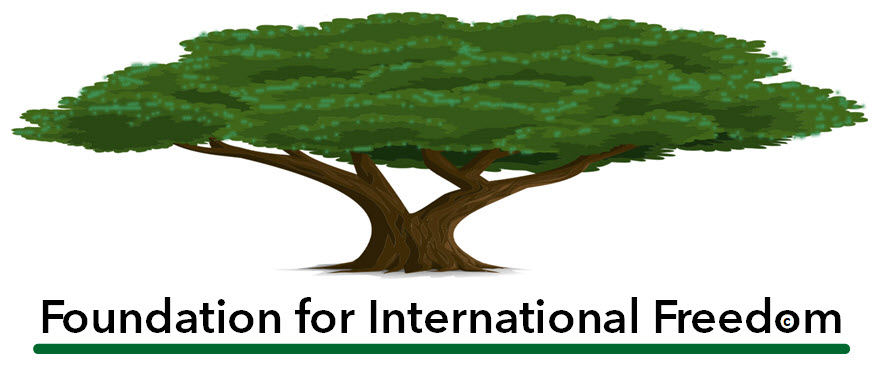Many people are aware that Germany and other European countries are now reliant on Russia to provide most of the natural gas used to fuel their industries and heat their homes. This situation was a major component of Vladimir Putin’s strategy to reestablish the former Russian Empire beginning with the conquest of Crimea and now the invasion of Ukraine.
In an excellent article, the Economist columnist, Charlemagne, observed that Germans have been living in a dream of complacency, whereby they allowed Russia to provide 55% of Germany’s natural gas consumption. This situation could have been largely avoided if the German natural gas industry had been allowed to develop their own large reserves of natural gas through the use of hydraulic fracturing (fracking).
The existence of hydrocarbon resources in source rock and tight sand formations has long been recognized in the oil industry. However, the technology needed to economically produce these hydrocarbons has been developed relatively recently. In 2008 Exxon proposed expanding natural gas production from a field in North Germany, but this proposal was killed by the Green Party and avid environmentalists. The German gas industry was essentially prohibited from the use of fracking by legislation passed in 2017.
The shale fracking boom in the US created sufficient reserves to provide energy independence for the country. The surplus production led to the development of major LNG exporting terminals which are now providing desperately needed natural gas for our European allies. Other LNG exporting countries, including Algeria, Australia, Nigeria and Angola have reserves available, but there are insufficient LNG regassification terminals in Europe to meet demand, and such terminals take years to construct.
This shortfall has created the window of opportunity for Vladimir Putin. Political leaders are now reconsidering how to rapidly reduce energy dependence on Russia. A good first step by Germany would repeal the 2017 legislation to prohibit hydraulic fracking. The results would not occur in time to have much effect on Putin’s plans, but any new gas production would help to deter further Russian aggression.
Byron Kahrs Varme,
Executive Director
